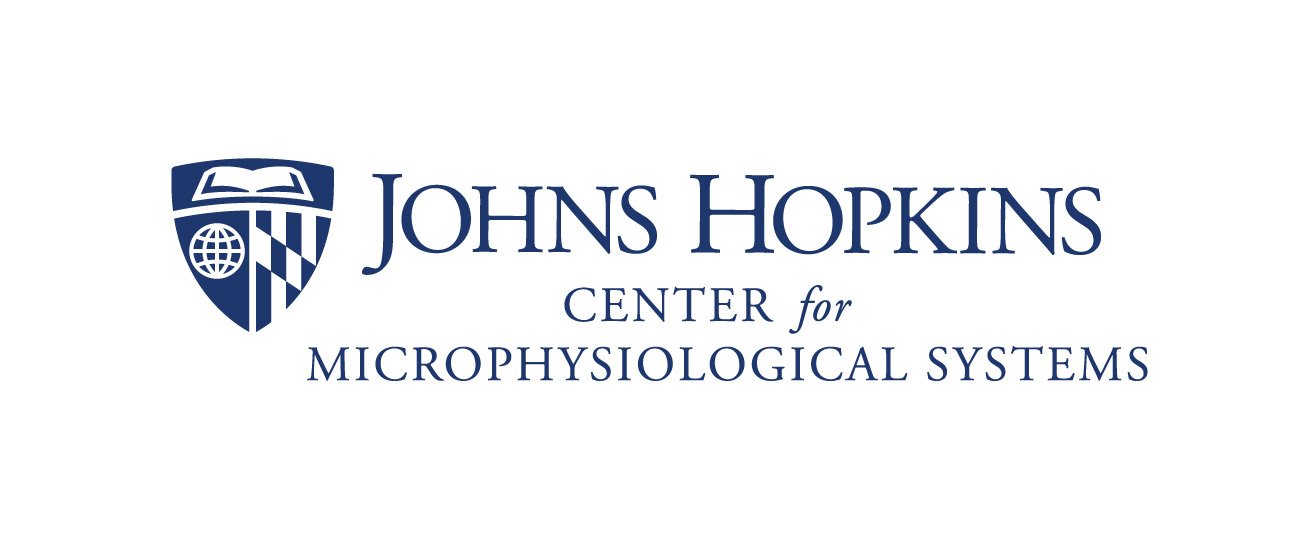New course offers study of emerging field of microphysiologial systems
On a recent Tuesday, biomedical engineering students gathered in Clark Hall to see the fruits of their labor. After spending the better part of two weeks coaxing human induced pluripotent stem cells, or iPSCs, to develop into cardiac muscle tissue by adding biological factors to the cells in a culture plate, students met to measure the force of contractions in the tissue when an electrical stimulus is applied.
"Oh my gosh, it's there!" one student exclaimed when seeing the twitching tissue, a miniaturized model of what happens when someone flexes their arm.
This work was part of a new course called Microphysiological Systems, created by Deok-Ho Kim, a professor of biomedical engineering. Kim says the curriculum for the class, the first of its kind at Johns Hopkins, focuses on applying biological and engineering fundamentals to design microphysiological systems, or MPS, such as organ and tissue chips, 3D-printed tissues, and organoids—artificially-grown masses of cells that resemble an organ.
Read the full news article at https://hub.jhu.edu/2023/04/25/microphysiological-systems-engineering-course/
